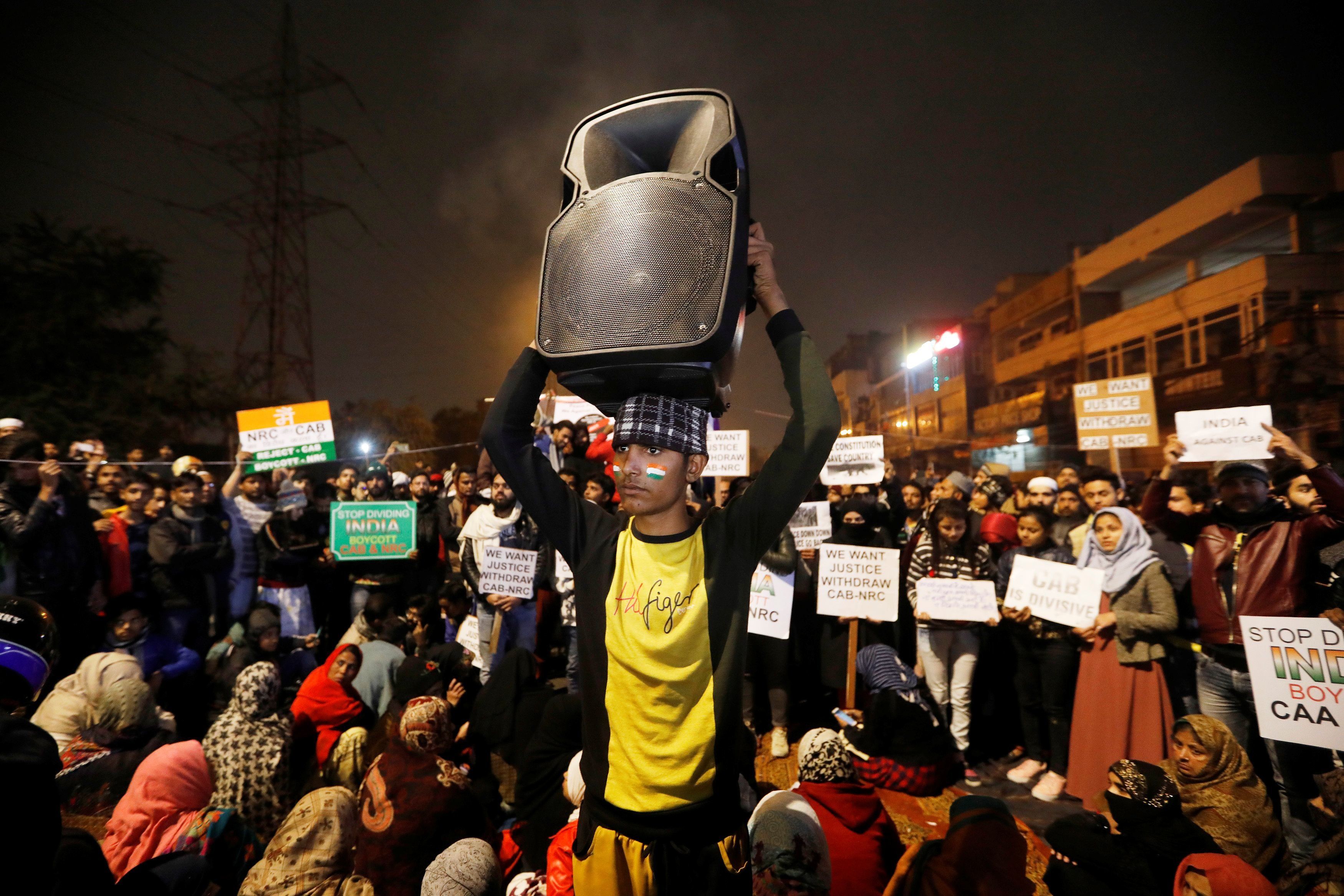Indians hit the streets – Large demonstrations have erupted in the Indian cities of Delhi, Mumbai, Hyderabad, and Kolkata over a new bill that offers religious minorities from neighboring countries a faster path to Indian citizenship, in practice excluding Muslims. Hundreds have been injured in clashes with police, and PM Narendra Modi has called for calm. Critics charge that any religious-based exception to current law violates the secular principles enshrined in India's constitution. Some warn that this is an attempt by the ruling party, the Hindu nationalist BJP, to bolster its political support by stoking anti-Muslim feeling among Hindus at a time of slowing economic growth.
Thais do too – This weekend, several thousand people in Bangkok protested the army-dominated government's moves to outlaw the opposition Future Forward party. The demonstrations were the largest since a coup in 2014 put an end to years of increasing tensions between "red shirt" Thais loyal to the exiled populist billionaire, and former prime minister Thaksin Shinawatra and "yellow shirts" loyal chiefly to the monarchy and the military. Future Forward, which is also led by a billionaire, the 41-year old Thanathorn Juangroongruangkit, has loose ties to the red shirt movement but has cast itself chiefly as the leading voice of younger Thais fed up with the political deadlock and the army's influence over the state. The authorities allowed the protests over the weekend, but as Future Forward looks to hold larger demonstrations in the coming weeks, we're watching to see how the government – and other opposition groups – respond.
The greatest goal in protest history – Football/soccer fans will argue forever about who scored the greatest goal of all time on the pitch, but when it comes to street protests, this Lebanese guy's no-hands handling of a tear gas canister in mid-volley is up there with Zidane's 2002 one-touch beauty against Leverkusen. You have to see it to believe it.
What We're Asking
Sports and China's human rights abuses – Speaking of football, another professional sports club found itself enmeshed in global politics over the weekend, when Arsenal star Mesut Özil, who is of Turkish descent, blasted Beijing for its well-documented persecution of Muslim Uighurs, a Turkic ethnic group. In China, where Arsenal is immensely popular, state TV immediately dropped an Arsenal match broadcast. Arsenal quickly disavowed Özil's comments. The episode recalled the NBA's recent run-in with China over the same issue. So we ask you: should professional sports clubs or leagues use their visibility and reach to take a stand on major human-rights issues? Should players weigh in? Or should sports and politics be kept separate? Let us know here.
